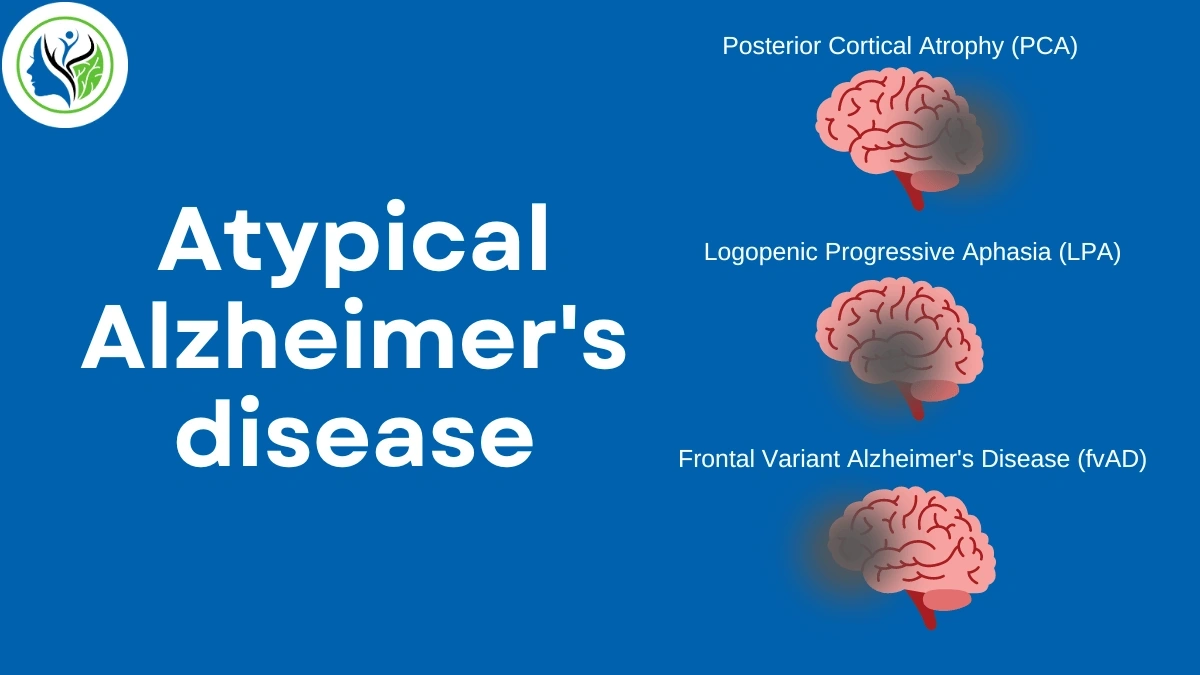Alzheimer’s disease. Just the name sends a shiver down the spine, doesn’t it? It’s more than just memory loss; it’s a thief, stealing away personalities and connections. Let’s be honest, understanding Alzheimer’s progression feels like navigating a maze in the dark. But, fear not! We’re here to shed some light on this complex journey, breaking down the stages, the symptoms, and, most importantly, what you can do to navigate it.
Understanding the Stages of Alzheimer’s: A Closer Look
Forget everything you think you know from movies. Alzheimer’s disease stages aren’t always as dramatic or sudden as portrayed. It’s a gradual process, often unfolding over years. While every individual’s experience is unique, doctors typically divide Alzheimer’s into three main stages: early, middle, and late. Each stage presents its own set of challenges and requires a different approach to care and support. And , it is important to remember that what is considered a cognitive decline is relative to the individual.
Early-Stage Alzheimer’s: Subtle Signs and Early Detection
This is where things get tricky. Early-stage Alzheimer’s can be subtle. It’s easy to dismiss symptoms as normal aging, stress, or just being forgetful. Common signs include: difficulty remembering recent conversations or events, trouble finding the right words, losing things more often, and struggling with familiar tasks like managing finances or planning. A common mistake I see people make is ignoring these early warning signs. Early detection of Alzheimer’s is crucial for maximizing the benefits of treatment and support services. If you notice these symptoms in yourself or a loved one, it’s time to consult a doctor. According to the Alzheimer’s Association, early diagnosis can lead to better management of symptoms and improved quality of life.
Mid-Stage Alzheimer’s: Increasing Challenges and Care Needs
As Alzheimer’s progresses to the middle stage, the challenges become more pronounced. Memory loss becomes more significant, and individuals may experience confusion, disorientation, and difficulty recognizing familiar faces. Behavioral changes, such as irritability, anxiety, and sleep disturbances, are also common. This is often the most challenging stage for caregivers, as the person with Alzheimer’s requires increasing assistance with daily activities like bathing, dressing, and eating. I initially thought caregiving was straightforward, but then I realized the emotional toll it can take. Family support and professional caregiving resources become essential during this stage.
Late-Stage Alzheimer’s: Profound Memory Loss and Physical Decline
In the late stages of Alzheimer’s, the disease has taken a significant toll. Memory loss is severe, and individuals may lose the ability to communicate or recognize loved ones. Physical abilities decline, making it difficult to walk, eat, or control bodily functions. Around-the-clock care is typically required at this stage. Let me rephrase that for clarity: late-stage Alzheimer’s demands intensive care and support to ensure comfort and dignity. The focus shifts to providing palliative care and managing symptoms to improve the person’s quality of life. It is important to consider things like mobility issues and loss of independence .
Factors Influencing Alzheimer’s Progression: What Speeds It Up?
So, what dictates the speed at which Alzheimer’s unfolds? Here’s the thing: it’s not a one-size-fits-all answer. Several factors can influence the rate of cognitive decline .
- Genetics: Family history plays a role. If you have a close relative with Alzheimer’s, your risk is slightly higher.
- Lifestyle: Poor diet, lack of exercise, smoking, and excessive alcohol consumption can all accelerate the disease.
- Underlying Health Conditions: Conditions like high blood pressure, diabetes, and heart disease can increase the risk and speed up progression.
- Head Injuries: Traumatic brain injuries have been linked to an increased risk of developing Alzheimer’s.
As per guidelines, it is imperative to consider these risk factors for Alzheimer’s .
What You Can Do: Slowing Down Alzheimer’s Progression
While there’s currently no cure for Alzheimer’s, there are steps you can take to potentially slow down its progression and improve quality of life. According to the National Institute on Aging (NIA website ) , early intervention and lifestyle modifications can make a significant difference.
- Stay Active: Regular physical exercise and mental stimulation can help protect your brain. Consider things such as resistance training.
- Eat a Healthy Diet: Focus on a balanced diet rich in fruits, vegetables, and whole grains. The Mediterranean diet, in particular, has been linked to brain health.
- Manage Existing Health Conditions: Keep chronic conditions like diabetes and high blood pressure under control.
- Get Enough Sleep: Aim for 7-8 hours of quality sleep each night.
- Stay Socially Connected: Social interaction and engagement can help maintain cognitive function.
- Cognitive Training: Brain-training games may help strengthen cognitive function, according to studies.
It’s best to follow these Alzheimer’s Progression Delay .
The Emotional Toll: Supporting Loved Ones and Caregivers
Alzheimer’s isn’t just a disease of the individual; it affects the entire family. The emotional toll on loved ones and caregivers can be immense. What fascinates me is the resilience of the human spirit in the face of such challenges. Providing emotional support, understanding, and patience is crucial. Caregivers need to prioritize their own well-being and seek support from family, friends, and professional organizations. Remember, you’re not alone in this journey. Support groups and caregiver resources can provide valuable guidance and a sense of community.
Navigating the Future: Research and Hope
The good news? Research into Alzheimer’s disease is advancing at an incredible pace. Scientists are working tirelessly to develop new treatments and prevention strategies. There’s hope on the horizon. While a cure may not be available yet, advancements in early detection, drug therapies, and non-pharmacological interventions are offering new possibilities for managing the disease and improving the lives of those affected. The FDA (Food and Drug Administration) is working hard to help the American public. Stay informed, stay hopeful, and continue to advocate for research and support services.
FAQ: Your Burning Questions Answered
Frequently Asked Questions
How quickly does Alzheimer’s progress?
The rate of progression varies greatly from person to person. Some individuals may experience a rapid decline, while others may remain stable for many years.
What are the first signs of Alzheimer’s?
Early signs often include memory loss, difficulty with language, and problems with executive function.
Can Alzheimer’s be prevented?
There’s no guaranteed way to prevent Alzheimer’s, but lifestyle modifications like regular exercise, a healthy diet, and cognitive stimulation may reduce the risk.
Is there a cure for Alzheimer’s?
Currently, there is no cure for Alzheimer’s disease.
What resources are available for caregivers?
Numerous organizations offer support and resources for caregivers, including the Alzheimer’s Association and the National Institute on Aging.
How can I support a loved one with Alzheimer’s?
Provide emotional support, understanding, and patience. Help them maintain their independence and engage in meaningful activities.
So, there you have it. Alzheimer’s progression isn’t a simple story, but by understanding its stages, risk factors, and potential interventions, we can empower ourselves and our loved ones to navigate this challenging journey with knowledge, compassion, and hope. And , always remember that there is support available if you need it!





